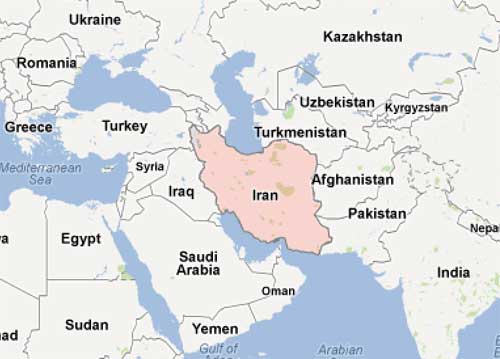You know, one of the tough things about being a jihadist is that you get all these…urges, yet all the freedom fighters around you are covered with beards and body hair. And of course, as a devout, pious Muslim you also want to maintain your purity. What to do, what to do?
An Islamic cleric has come up with an answer! A fatwa that sanctifies rape!
Muhammed al-Arifi, a Wahhabi religious cleric, officially calls this act an “intercourse marriage” that can last only a few hours – “in order to give each fighter a turn” — and restricts the men to Syrian females at least 14 years old, widowed or divorced.
Al-Arifi, expressed his annoyance at the "warriors of Islam" being denied sexual pleasures while fighting in Syria “alongside the armed opposition forces” for the past two years. He said this fatwa "solves [their] sexual problems" and “boosts the determination of the mujahideen in Syria and is considered a duty to enter paradise for those females who enter such marriages.”
Hey, rape victims! You weren’t being brutalized: you were entering a kind of marriage that will win you a spot in paradise once you’re dead!
This story has been retracted by the source.



